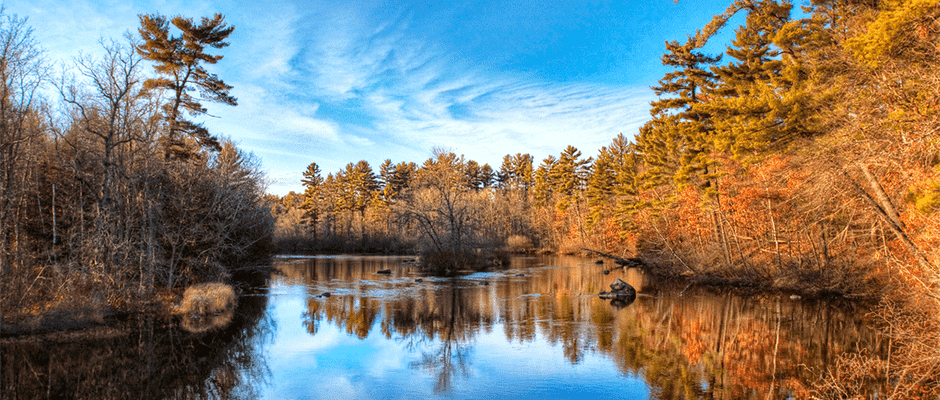Share this article
At play, Native American kids show deeper ecological knowledge
Can playtime tell us how young children see wildlife and the environment?
A study of Midwestern preschoolers found Native American children were more likely than others to roleplay as animals and showed a deep understanding of other species.
“How kids learn and think about the natural world varies across cultures, said Sandra Waxman, a Northwestern University psychology professor and a co-author of the paper published in the Journal of Cognition and Development. “Children’s knowledge about the natural world is shaped importantly by community-held belief systems and exposure to the natural world,” she said.
As part of a larger cross-cultural study on how children acquire ecological knowledge, lead author Karen Washinawatok, the former director of the Menominee Indian tribe of Wisconsin; Waxman and colleagues at Northwestern, the Menominee tribe and the American Indian Center of Chicago created a novel hands-on activity. The researchers presented 4-year-olds with a realistic forest diorama featuring toy plants and animals to play with. The children came from three different communities — the rural Menominee Indian Tribe of Wisconsin, Chicago’s Native American community and nonindigenous families from Chicago and Evanston. As the preschoolers interacted with the diorama, the researchers observed their speech and actions to gain insight about how they portrayed ecological relationships among living things.
All the children engaged with the diorama and possessed an awareness of ecological relations, the researchers found. But the Native American kids — particularly those from rural Menominee tribal lands — were very talkative and more than twice as likely to take on the role of animals. They were more likely to use their imagination to speak or act like an animal — for example, saying “I’m thirsty” while flying an eagle figurine to the pond or flapping their arms like an eagle would its wings.
Such play demonstrates they have developed the ability to “see living things in relation” and that they appreciate other beings’ perspectives, the researchers said.
“Young Native American kids reasoned in a sophisticated way about ecological systems and relations,” Waxman said. This kind of reasoning, evident in young Native American children, is not introduced in most schools until later elementary school, she said.
Header Image: The Wolf River winds through Wisconsin’s Menominee Reservation. Image credit: Chris Ford








